The well-established Health Histories Research Group (HHRG) supports and strengthens the university’s aspiration towards a greater collaboration between science, health and the humanities, providing an intellectual bridge between the School of Music, Humanities and Media and the School of Human and Health Sciences. We have a longstanding reputation for grant-capture and for the successful completion of externally funded research studies, along with a strong portfolio of international collaborations.
Our research explores the historical precedents of current health problems; this allows us to contextualise contemporary media and policy discussions through impact-driven research in areas like mental health, infant welfare, medicine and nursing in wartime, professional regulation, humanitarianism and the plight of refugees. If you’re interested in joining HHRG, we warmly welcome you to follow us on Twitter, join our mailing list, and come along to our events.
Colleagues in the HHRG are involved in a number of professional organisations and activities at the heart of health history in the UK and internationally. Prof. Christine Hallett is Chair of the UK Association for the History of Nursing and President Emerita of the European Association for the History of Nursing. Prof Barry Doyle is a committee member of the International Network for the History of Hospitals and recently co-organised their conference in Barcelona on the theme of Travel and the Hospital. He is also an Editorial Board member for the journal Social History of Medicine.
Dr Alexander Von Lunen’s latest work focuses on medical research in Nazi Germany, particularly in the context of military and aviation medicine. In this, he is looking at the political and social frameworks of medical research, how the Nazi regime shaped these, and how scientists responded to the regime. He is also developing new work in the area of refugees and genocide. He is bringing his Digital Humanities expertise to bear upon a joint project (Hansard@Hud ) with Professor Lesley Jeffries and other colleagues in the Linguistics Subject Area, and upon a project with Prof Jessica Malay in the English Subject Area.
Dr Rob Ellis’s AHRC-funded Animating Heritage and Stigma project was developed over a number of years in collaboration with Dr Rob Light (Huddersfield) and the New Vic Borderlands Theatre Company. This innovative project built upon the successes of two Connected Communities funded programmes, through which service users and volunteers were invited to co-design the research and co-produce its output. The project uses cultural animation so that participants can co-produce stories using plays, songs and other creative activities. Dr Ellis and his team have met with school groups, mental health and learning disability professionals, and social policy makers in Japan and the USA. His monograph London and its Asylums 1888-1914 was published by in 2020 by Palgrave Macmillan, and he is currently working on a project which explores the links between contagion and mental health.
Dr Lindsey Dodd is interested in children’s experiences of war, both physical and psychological, and has published on traumatised responses to being bombed as a child. Her current work investigates the traumatic impacts of war-related family separation, violence, bereavement, internment and persecution.
Professor Barry Doyle (who is also Head of the Department of History, English, Linguistics and Music), is primarily interested in the history of hospitals and is currently researching and publishing on the subject of ‘healthcare before welfare states’. Outputs from his recent work on Central European hospitals (conducted in collaboration with Charles University, Prague) include a guest-editorship of a special issue of European Review of History. Earlier Wellcome Trust funded research addressed hospital finance in England. He is also collaborating with Rosemary Cresswell, University of Hull, on an AHRC funded history of First Aid in England and France and with local community media company KLTV on the history of African Caribbean health workers in the NHS. For a number of years he has run a blog, https://bmdoyleblog.wordpress.com, showcasing health history research and activities.
Professor Christine Hallett (Director of CHICAM) is an internationally-recognised expert in the History of Nursing. She is Chair of the UK Association for the History of Nursing, President Emerita of the European Association for the History of Nursing, Associate Editor of the journal Nursing History Review (published by Springer in collaboration with the American Association for the History of Nursing) and Co-Editor of the monograph series, Nursing History and Humanities (Manchester University Press). She has published widely on nursing during the First World War. Her current project, The Shape of Nursing 1880-2020, involves local, national and international collaborations with, for example the Mid-Yorkshire NHS Trust, the St Bartholomew’s League of Nurses, London, the Royal College of Nursing, UK, Ruprecht-Karls-University, Heidelberg, Germany and the International Council of Nurses. One strong and evolving focus within this body of research is a historical exploration of the nursing response to epidemics and global pandemics.
History at Huddersfield gained a national and international reputation through the study of working-class history. Strong elements of this work survive in the work of Professor Emeritus Keith Laybourn, who has also written on health in inter-war years and in connection with charitable organisations such as The Guild of Help, the largest charitable organisation in early twentieth-century Britain.
Our current postgraduate students are:
Masters
Olivia Gordon, ‘Nurses and “Spanish Influenza” in Britain and the USA, 1918-19’
Bethany Richardson-Smith, ‘Visible and hidden traumas: nurses’ and soldiers’ responses to facial injury and shellshock during the First World War’
Kelly Swaby, ‘Did “Project 2000” fulfil the intention set out by nursing’s leadership to create a profession of highly-educated practitioners?’
PhD
Anne Fallon, ‘Infant feeding patterns, practices and beliefs in Ireland, 1900-1919’: a socio-medical history’
Amanda Gwinnup, ‘First World War nurses’ experiences of trauma from 1914 to 1960’
Sarah Rogers, ‘Did Matron Eva Luckes socially-engineer a generation of nurse-leaders from 1880-1919?’
Members
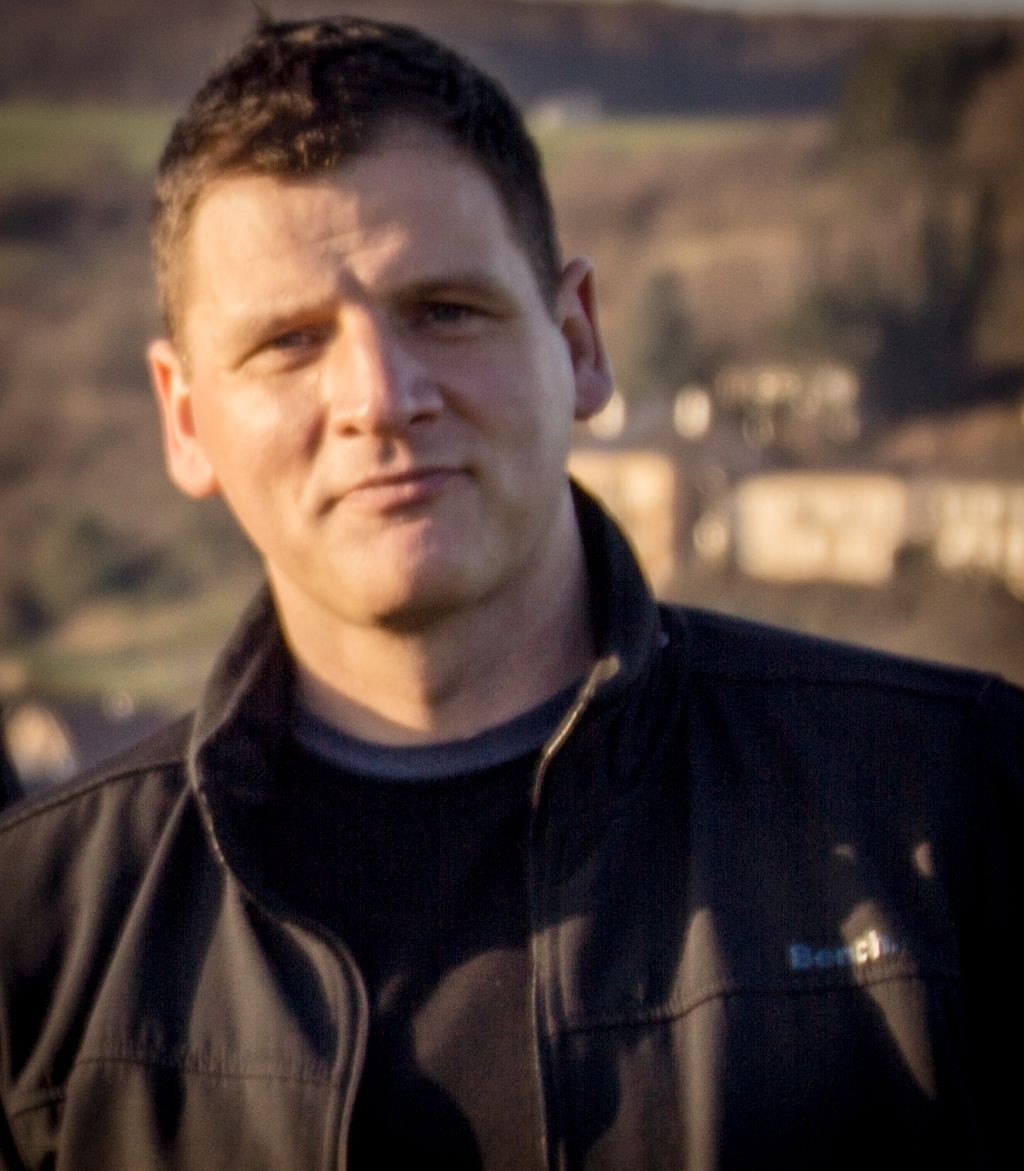
Dr Alexander Von Lunen
Senior Lecturer
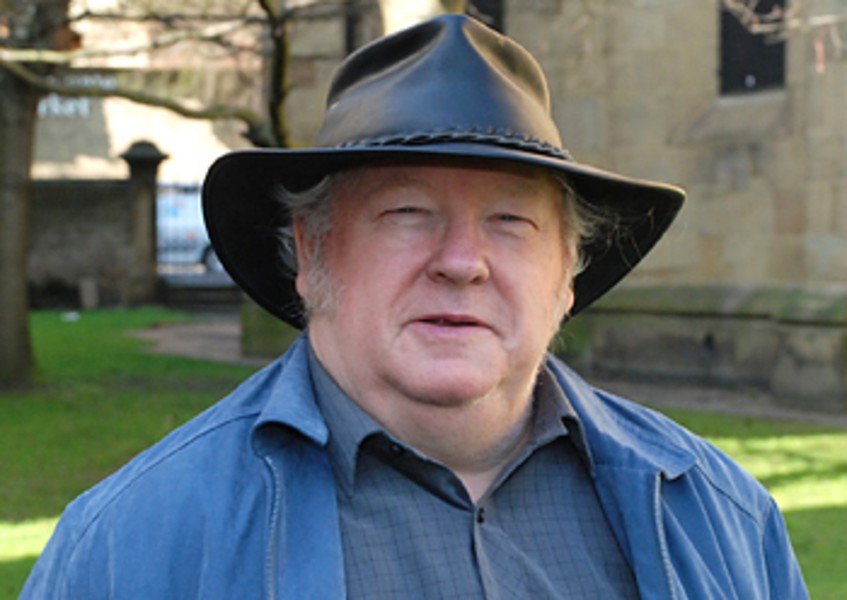
Professor Emeritus Keith Laybourn
Emeritus Professor
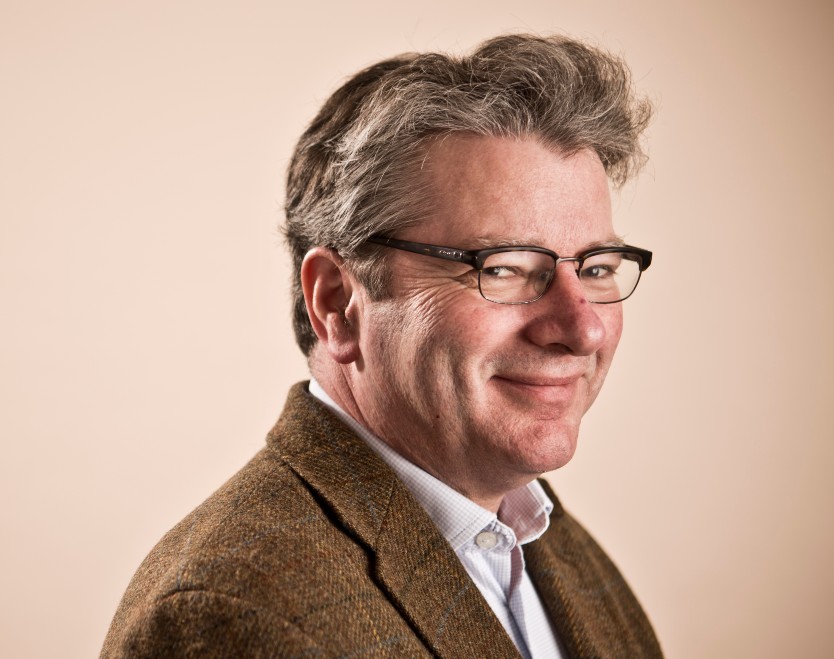
Professor Barry Doyle
Professor and Head of Department
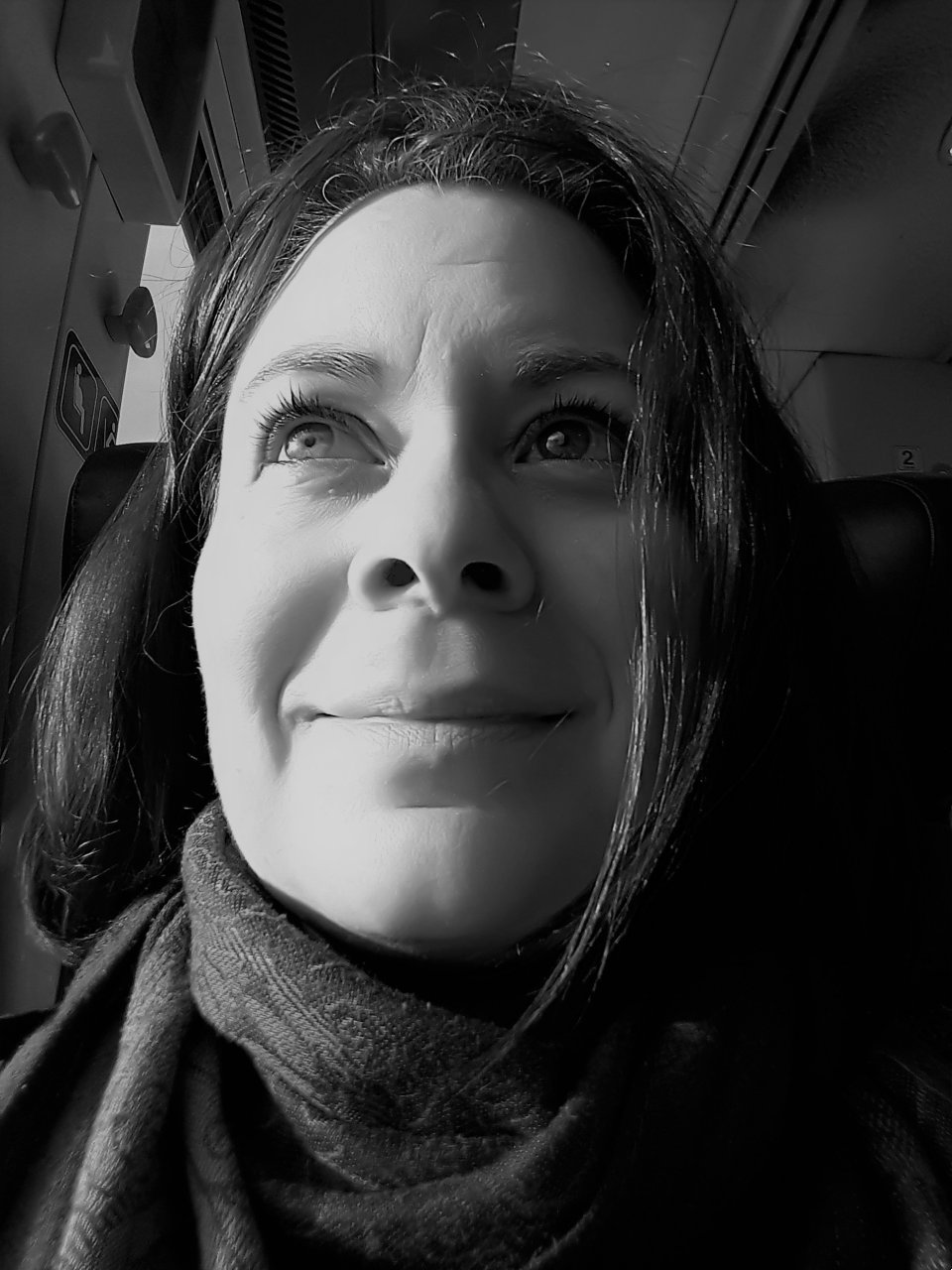
Dr Lindsey Dodd
Senior Lecturer
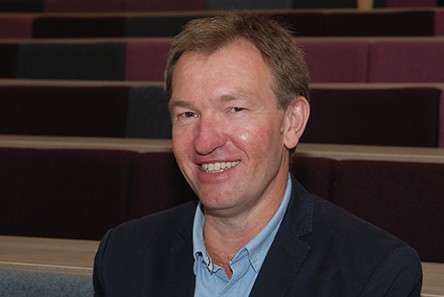
Dr Rob Ellis
Senior Lecturer
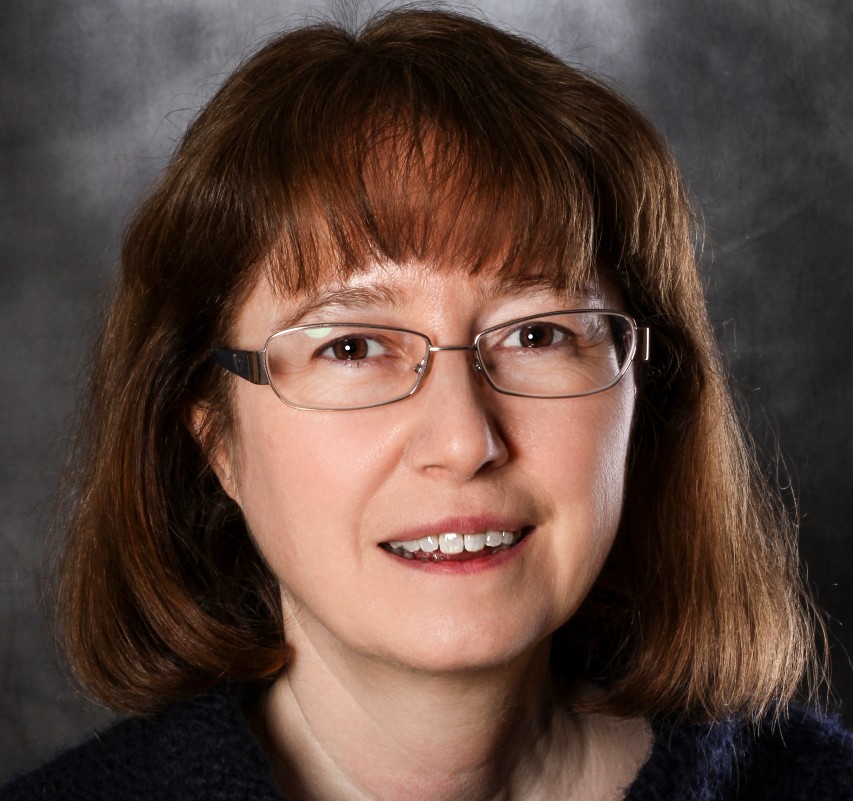
Professor Christine Hallett
Professor of Nursing History
